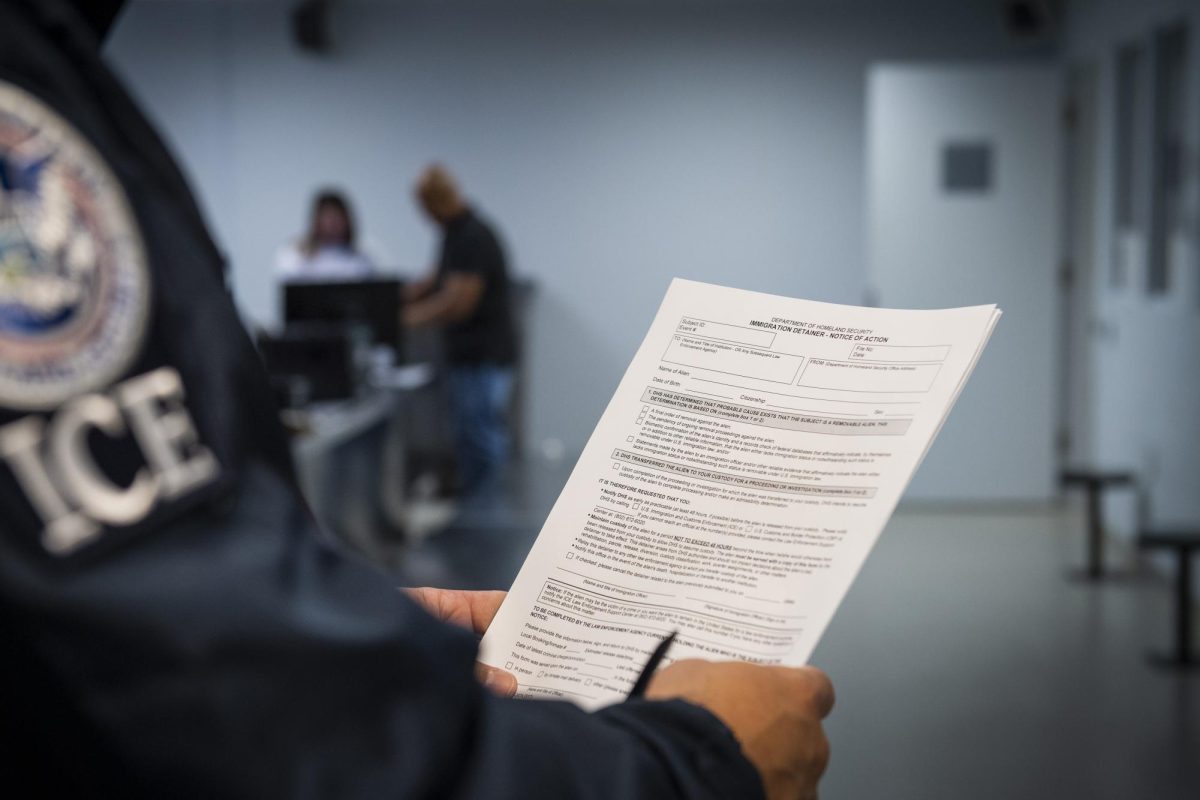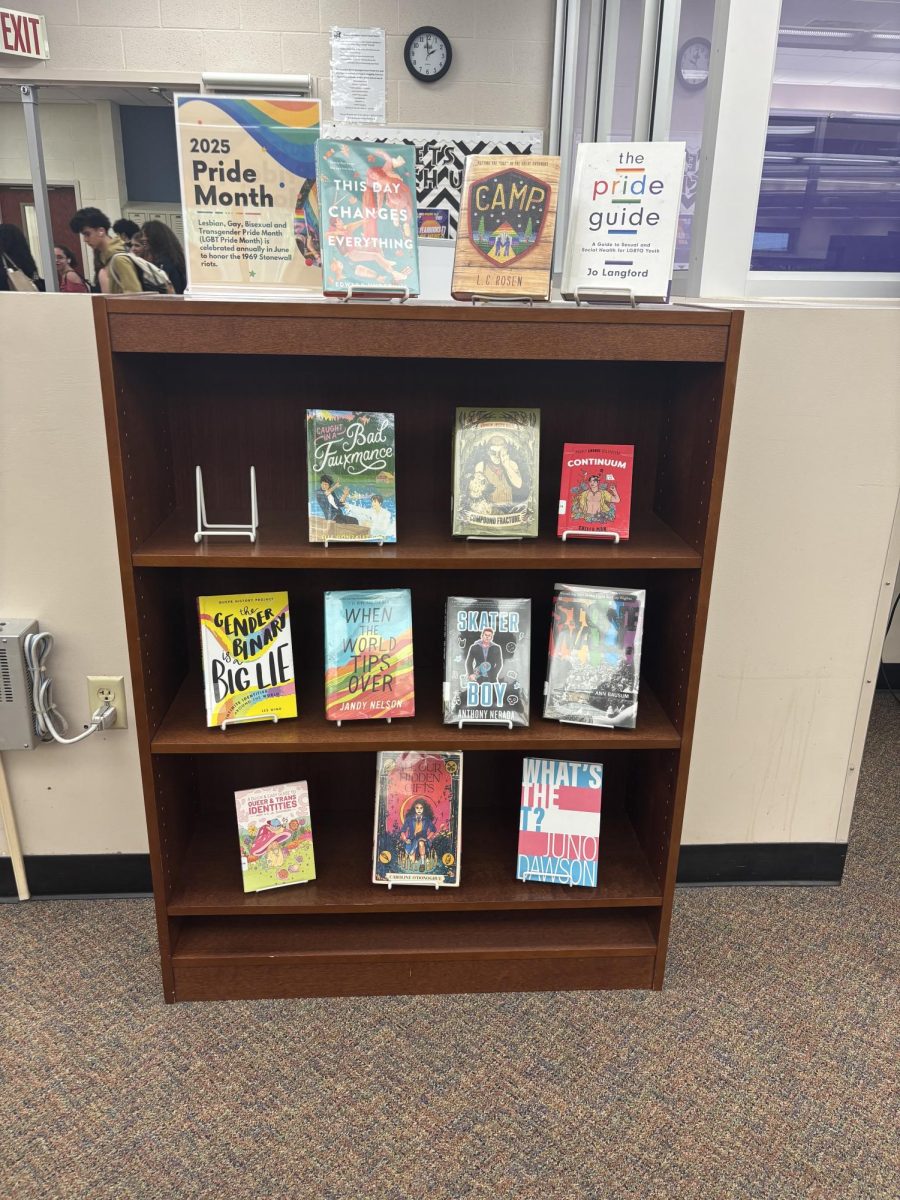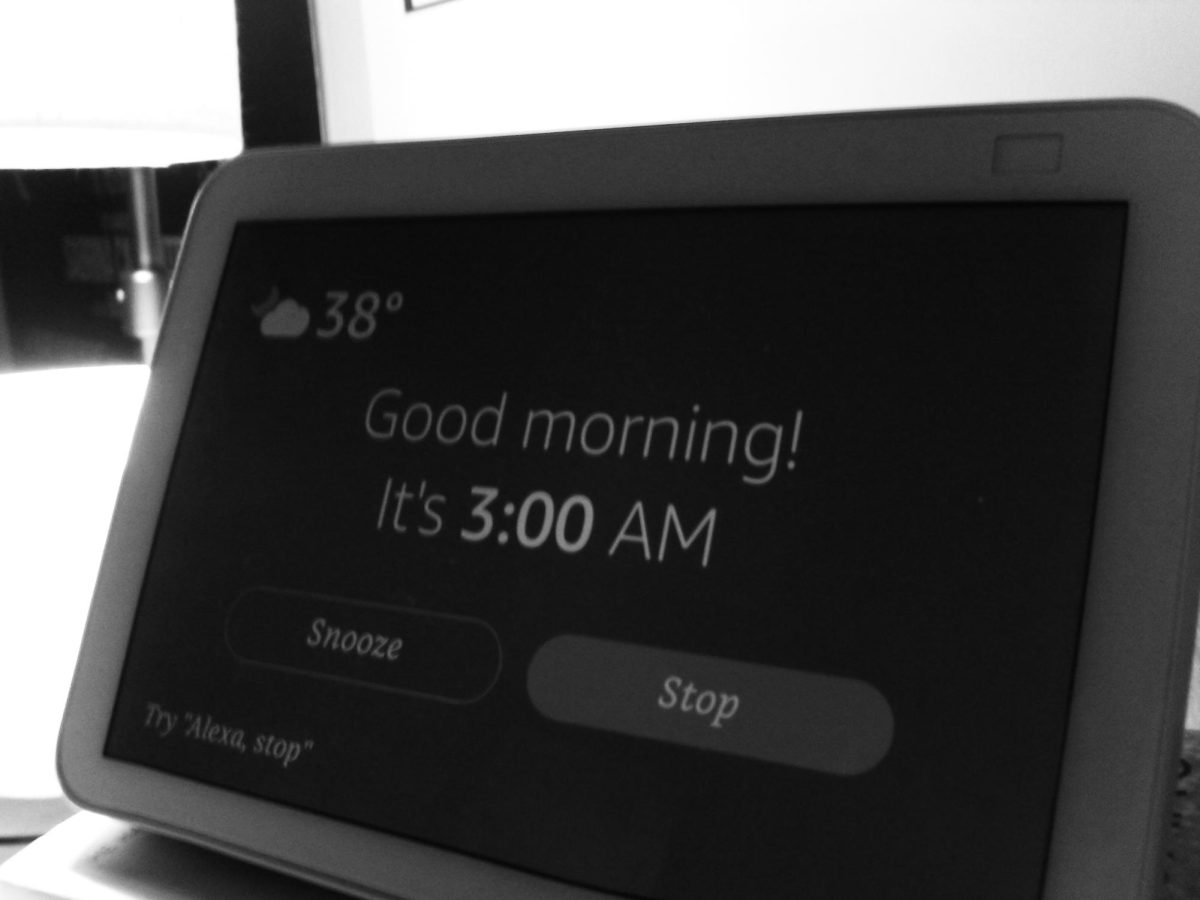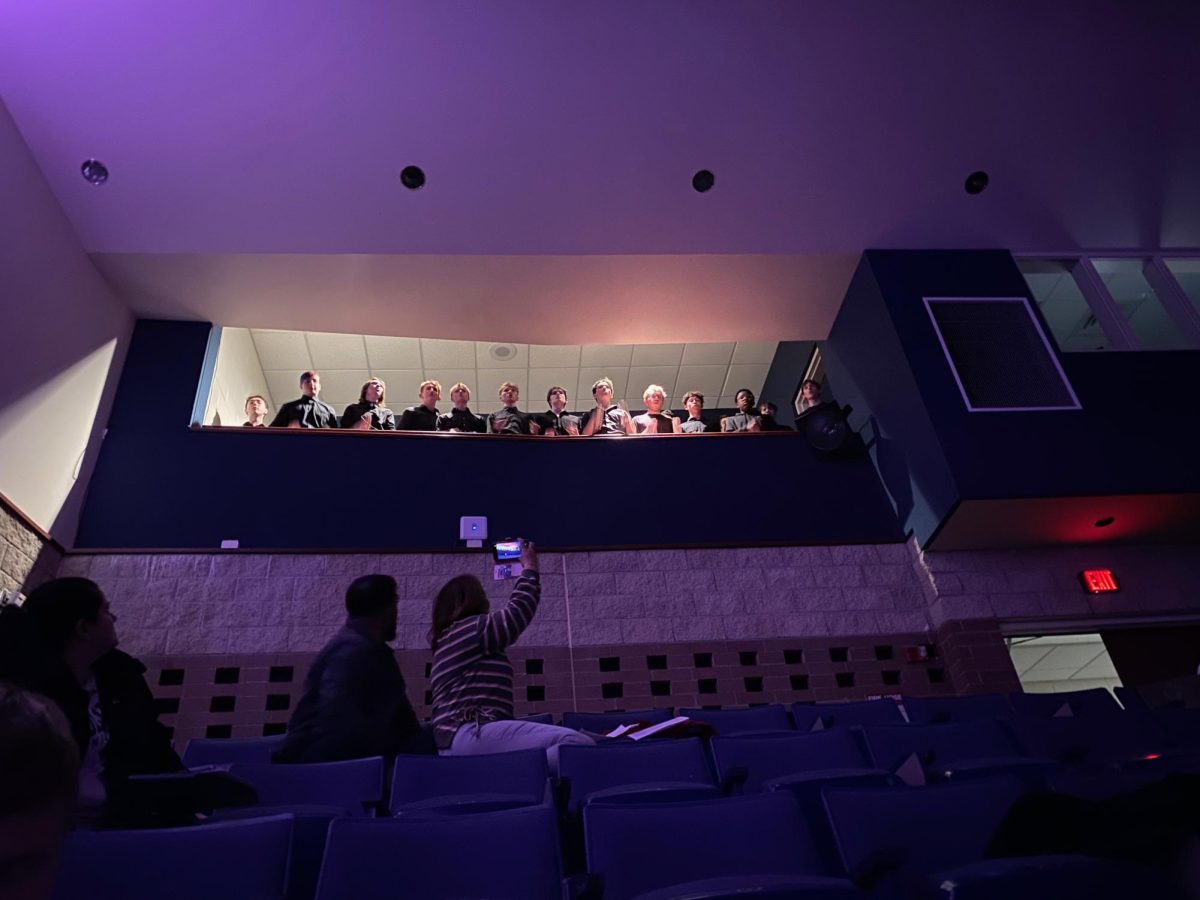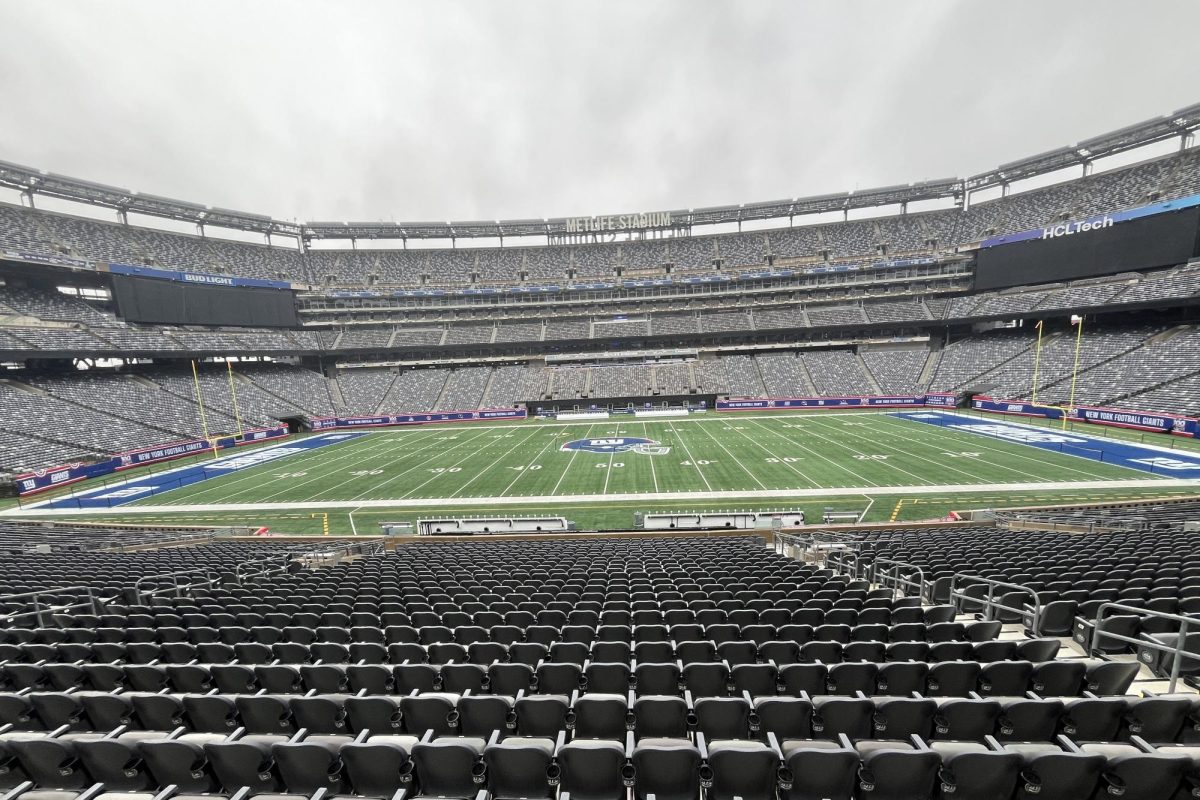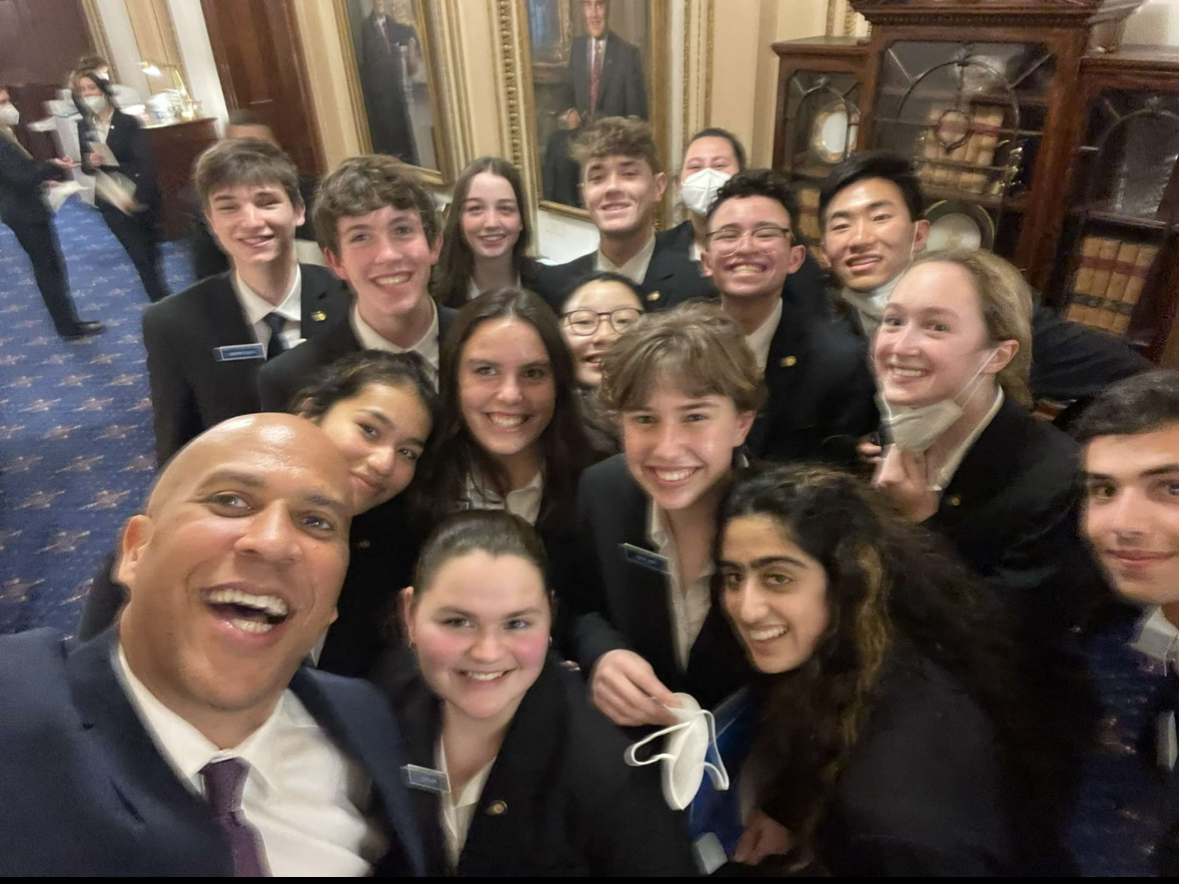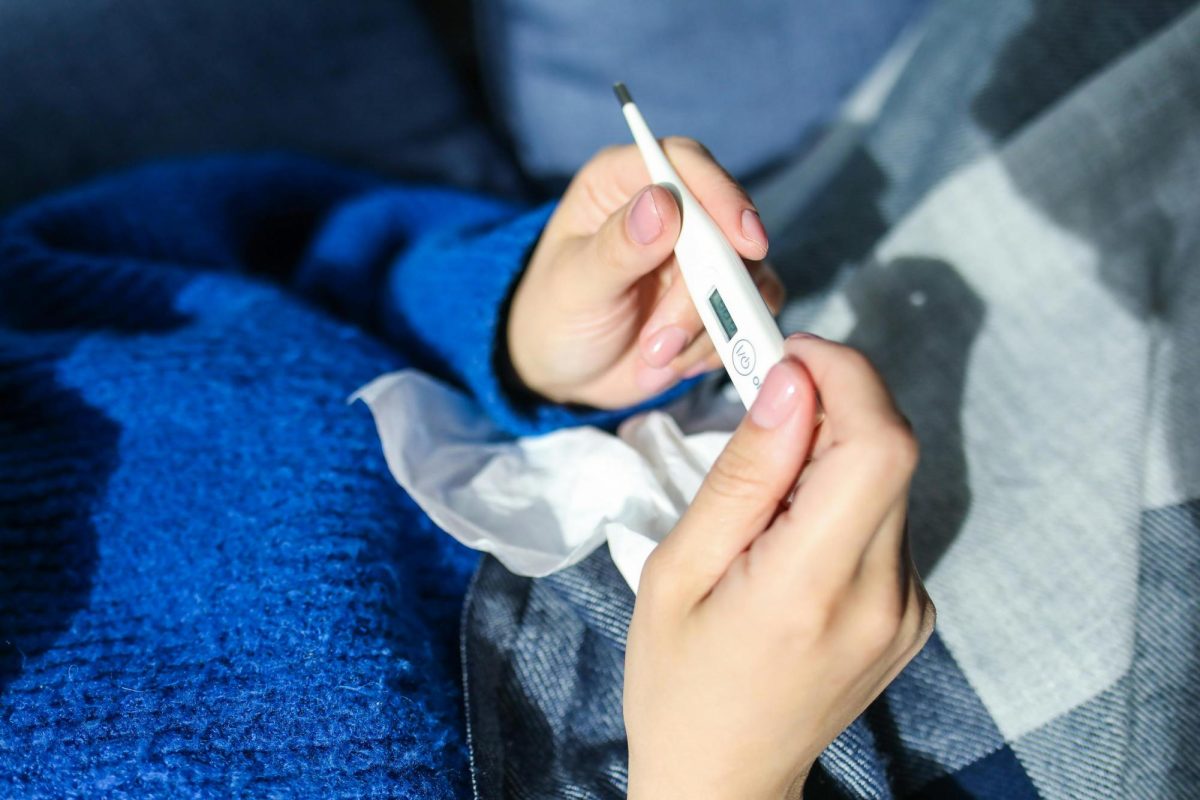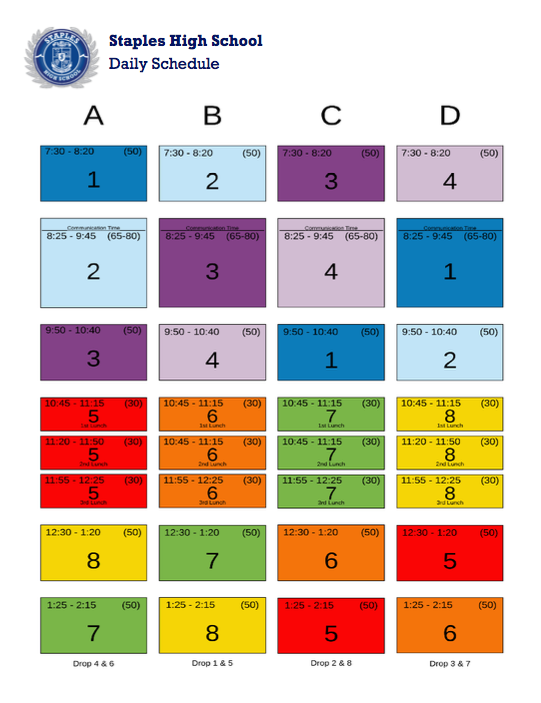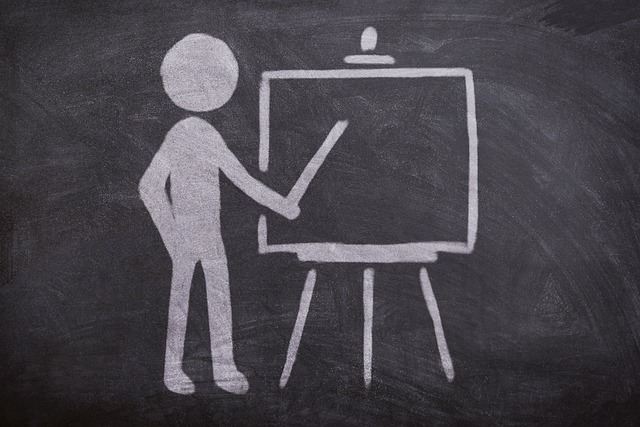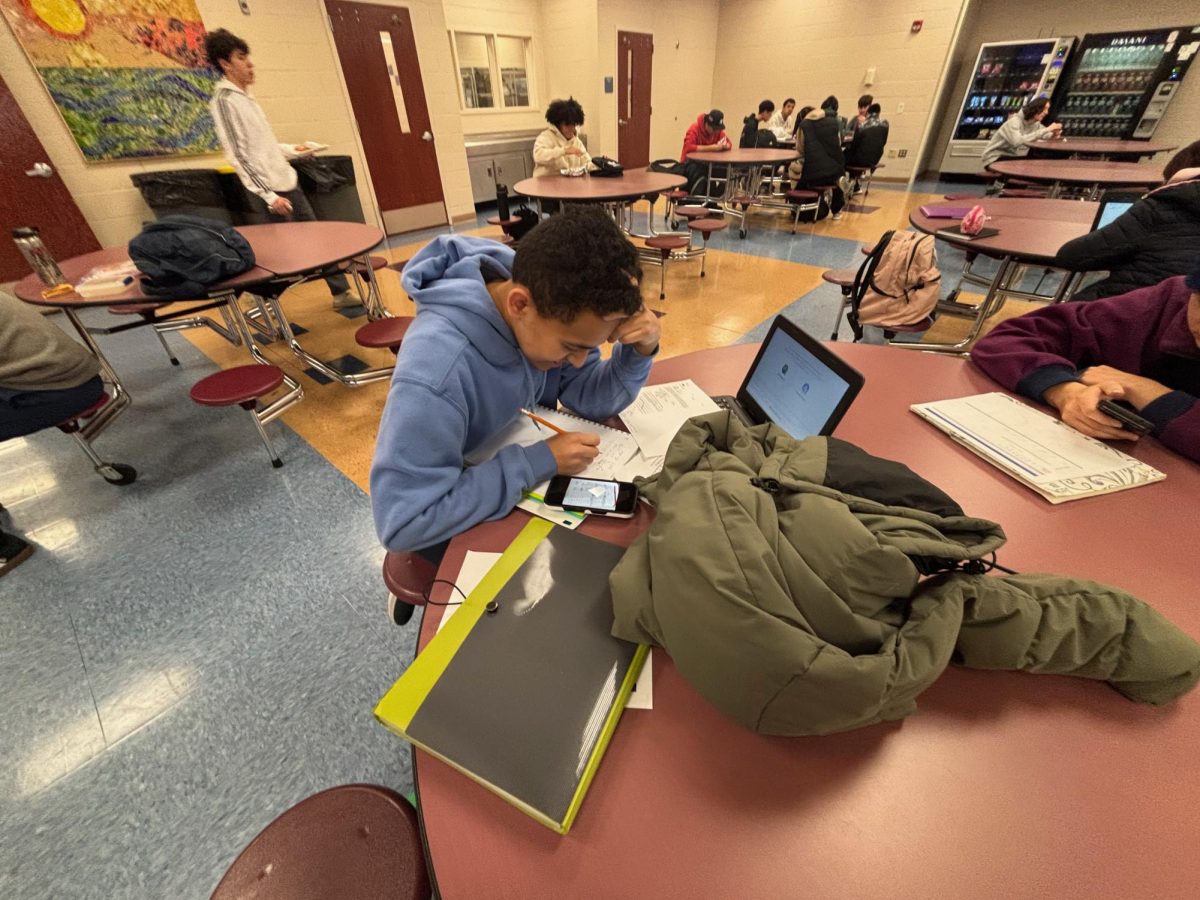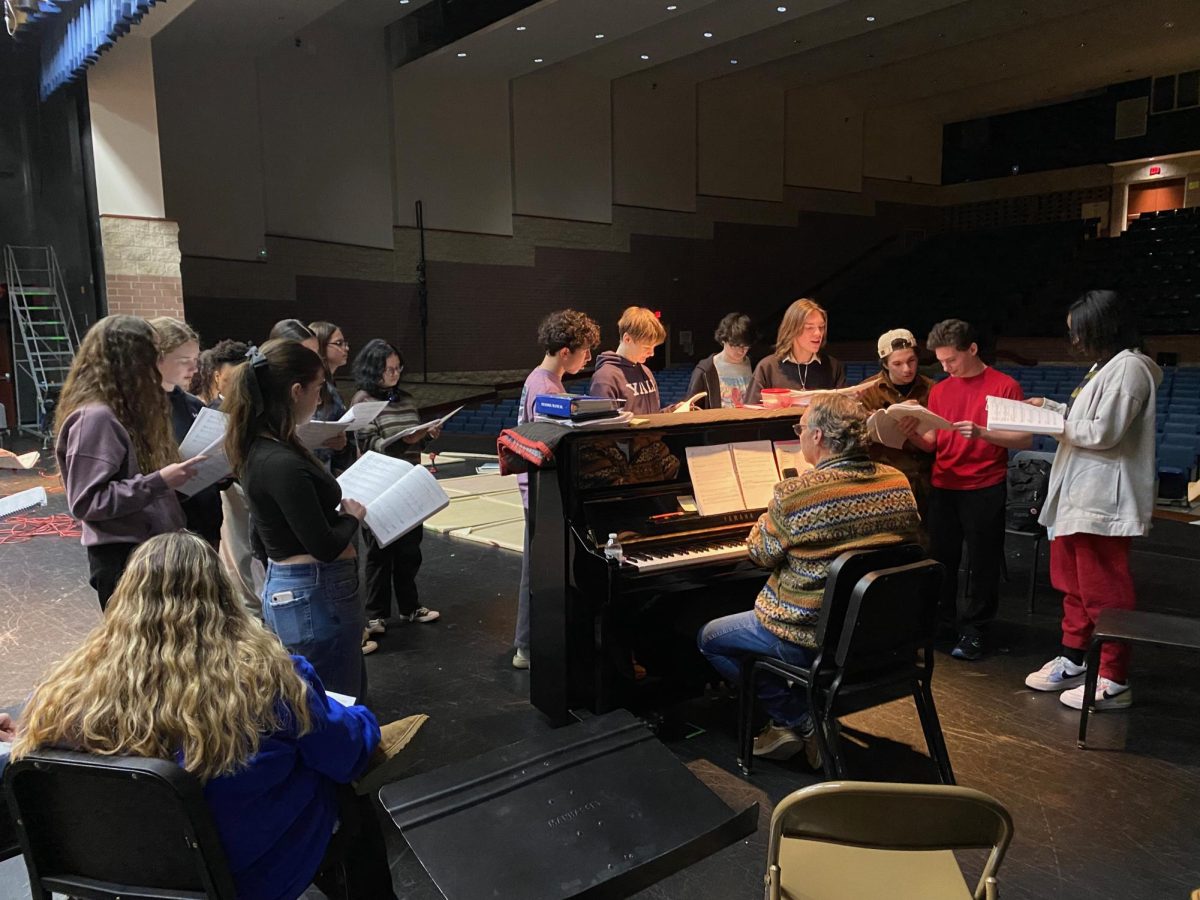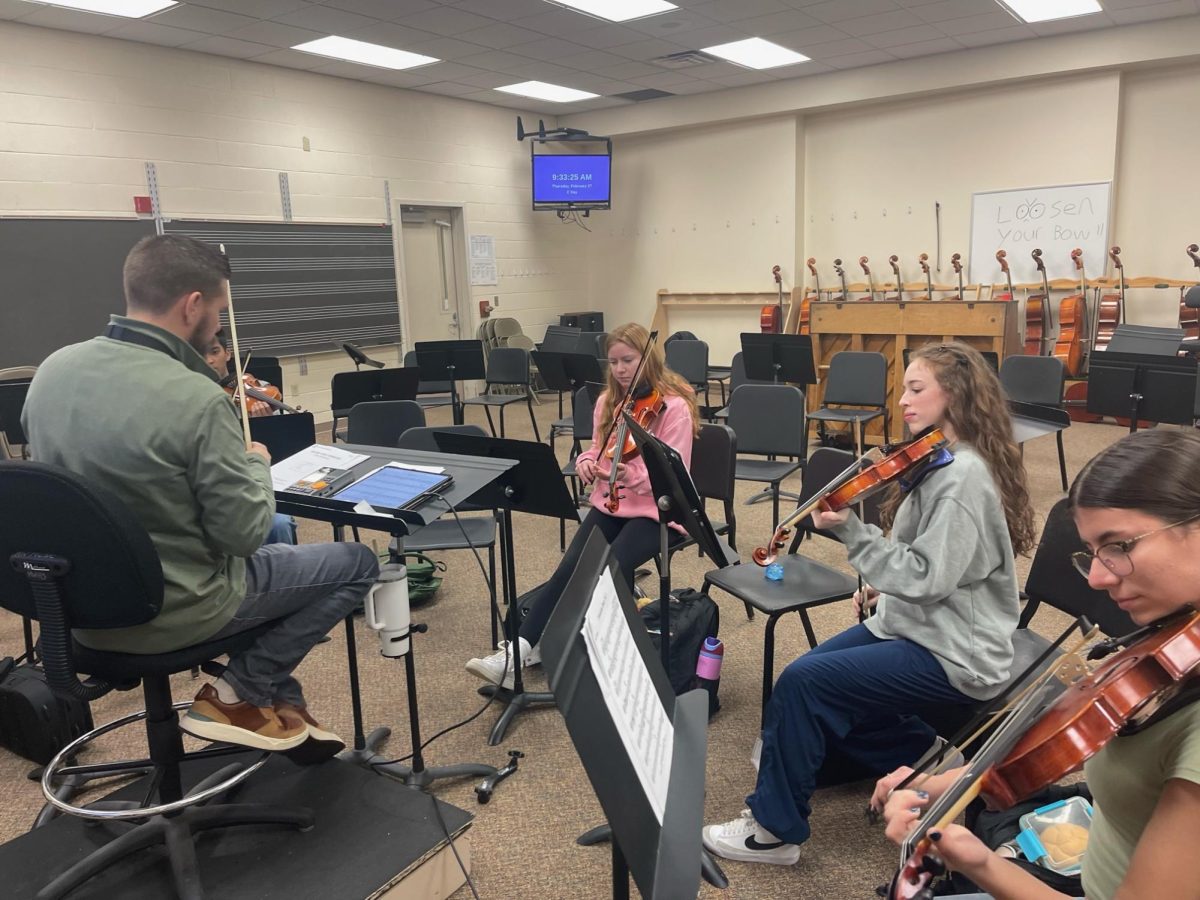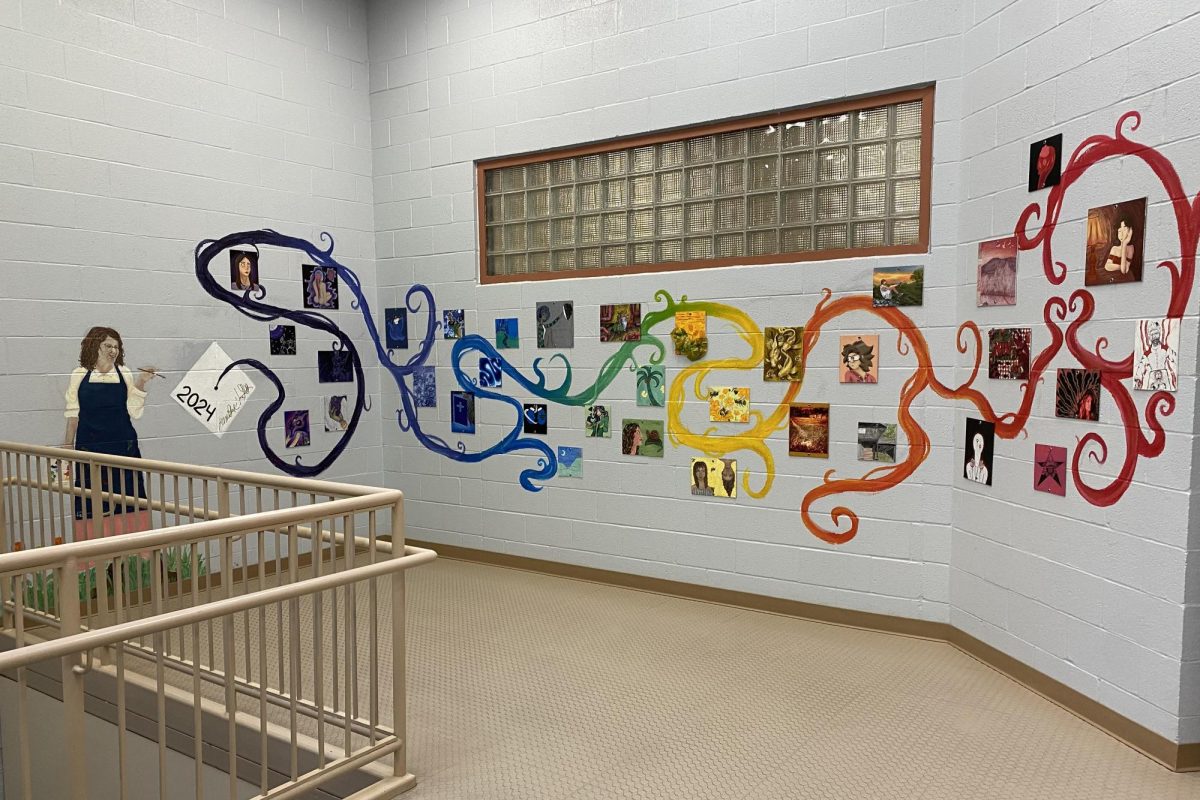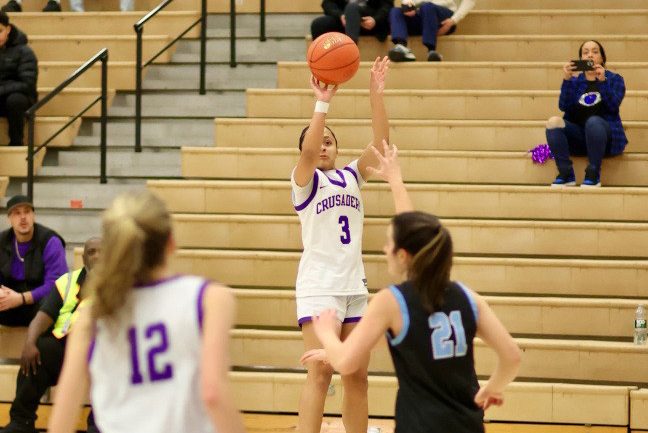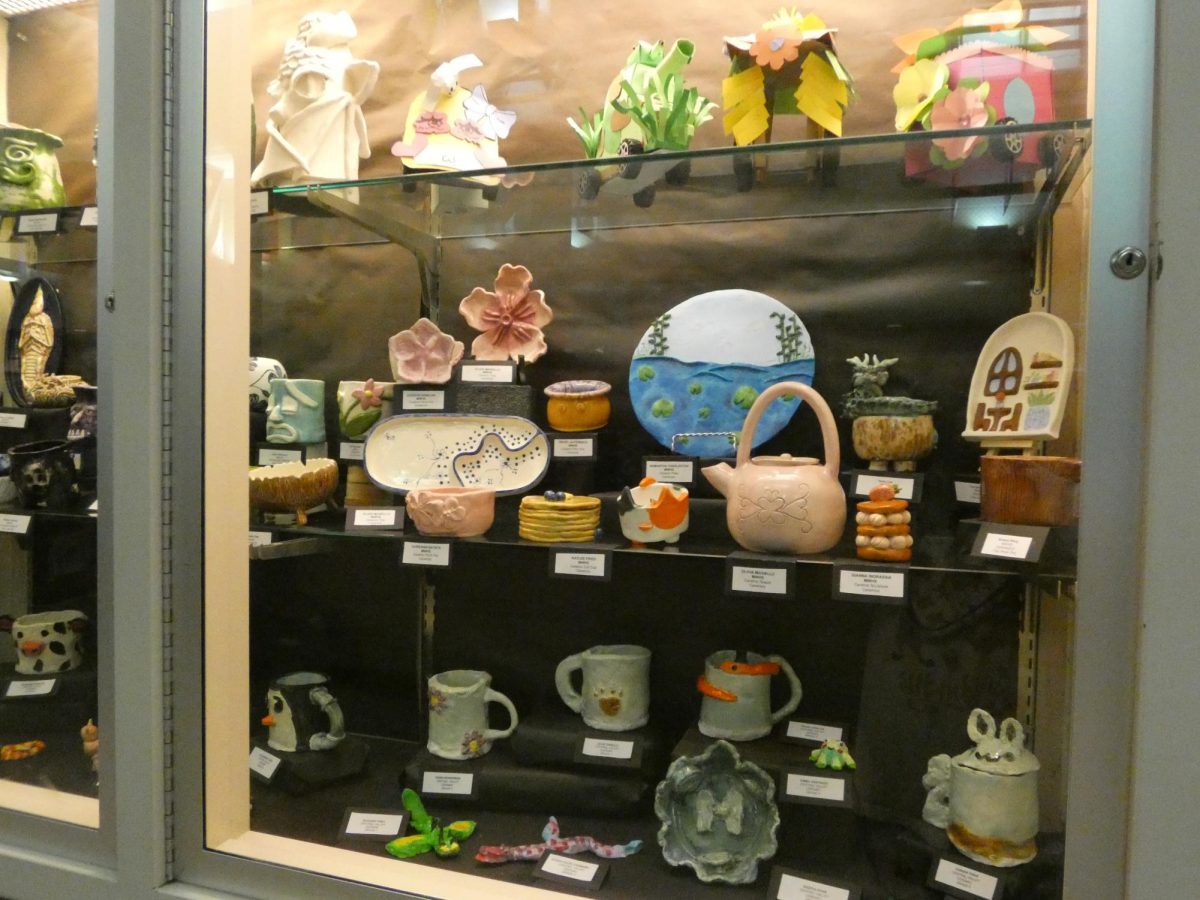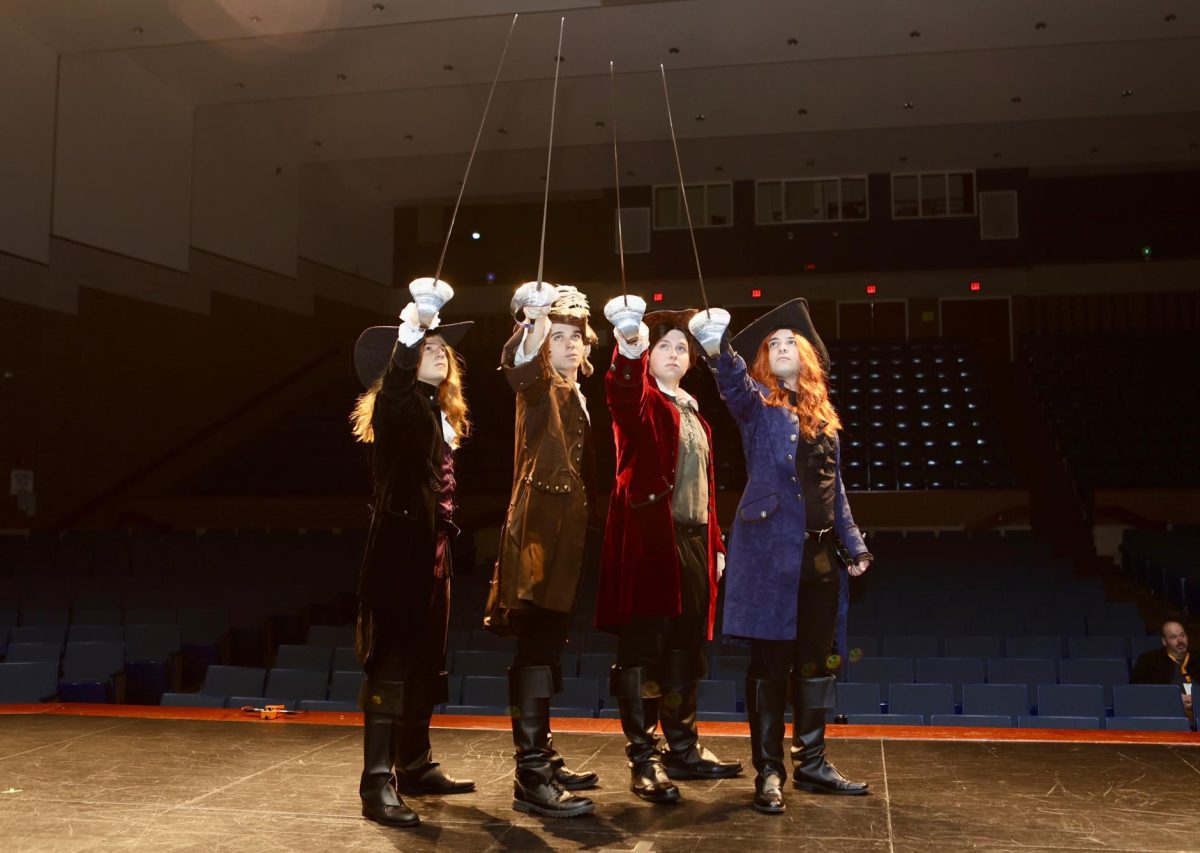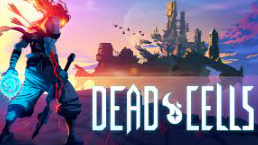Going Paperless: The Pandemic Has Forced Teachers to Reconsider How They Present Material
December 10, 2021
Now that students are attending school in-person after a year of remote learning, teachers have to decide whether to continue teaching on the computer or to return to traditional “paper and pencil” teaching.
There are teachers who now only hand out paper, others that only post assignments online, and teachers that do a mix of both. Students’ focus, participation, and course grades are impacted by the way the teachers present material.
“I’m definitely much more digital than I was before the pandemic, but not completely,” said Mr. Filie, who teaches AP Language and Composition.
Mr. Filie said he didn’t know whether traditional or remote learning is more effective for students.
“We really haven’t been in digital dependency long enough to know if it’s better or not,” said Mr. Filie. “Education has used paper the way we know it for a century, but this shift is less than two years old.”
The shift back and forth between paper and remote learning has affected the way teachers present materials in class.
“Some teachers have been impacted dramatically,” said Mr. Filie. “A lot of teaching styles involve movement within classrooms and close proximity between students.”
Mr. McElroy, an AP U.S. History teacher has not returned fully to traditional methods because he already prepared materials last year for digital teaching and learning, so he can make more use of them this year as well.
“Another reason is that access to reliable copiers and paper is not always guaranteed,” said Mr. McElroy.
While Mr. McElroy does offer options for students who prefer online learning, he also believes there is a benefit to writing down material.
“There is research supporting that physical writing reinforces those key pathways in the brain to store information,” said Mr. McElroy.
AP Physics teacher Ms. Belles has returned fully to more traditional methods.
“This year I am going back to pencil and paper because doing mathematics is difficult to do on the computer when one is also trying to learn a concept,” said Ms. Belles. “Too much [brain power] is devoted to how to enter things and that interferes with the brain’s learning processes.”
Ms. Belles believed it would be a shame to go paperless in classrooms.
“I do think that as a society we spend more and more time interacting with a screen and not enough with other people,” said Ms. Belles.
Ms. Belles also said that she thinks student learning is better this year because more students are doing their own assignments; however, she said she thinks students’ grades were better last year because the online environment made it easier to commit acts of academic dishonesty, such as unapproved collaboration on assignments.
Many students, including Juniors Madeline Williams, Kayla Tauber, and Abigail Connolly prefer learning on paper instead of on the computer.
“It is very hard to try and do math and diagrams online rather than writing it out,” said Williams.
Williams said that there are some perks to paperless learning: faster writing, more creative project options and helpful study tools.
“However, I think there has to be a limit,” said Williams. “By forcing these students to use the digital platform, we are harming their academic performance.”
Kayla Tauber had mixed feelings about the best way to learn. She believed computer learning was more organized because everything was in one place, and there were due dates with reminders to get that assignment done; however, she prefers to take notes by hand.
Junior Abigail Connolly, also prefers paper. However, she doesn’t believe the school should take away Chromebooks now that we are in-person.
Junior Matthew Graves believes digital learning is the best way to go.
“I would say that generally English and social studies teachers tend to be the ones that favor digital, and math and science teachers favor an on-paper approach,” said Graves.
Graves thought digital learning was more organized, but for math and science classes, paper can be more beneficial to help students understand what they learn and apply it to future problems.

